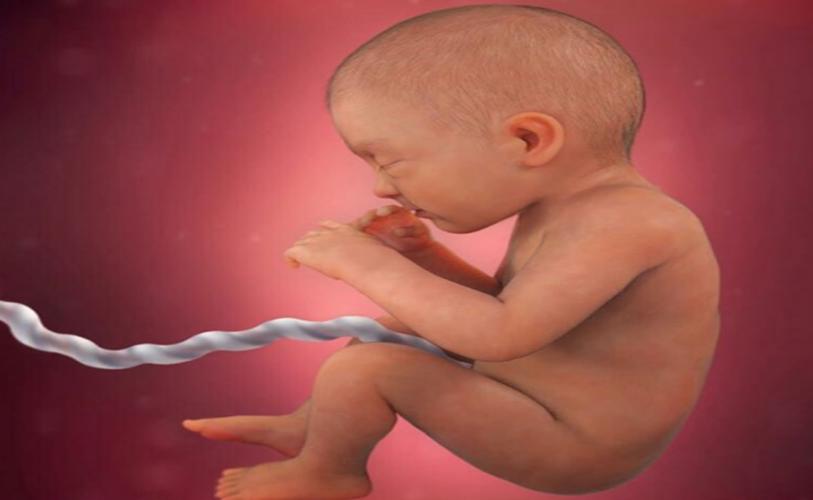32 Weeks Pregnant: What to Expect for Mom and Baby
Welcome to the 32nd week of your pregnancy! You're now well into your third trimester, with only a few weeks left until your baby arrives. During this time, both you and your baby will experience significant changes. In this post, we'll explore what you can expect in your 32nd week of pregnancy, the symptoms you may encounter, and the things to watch out for.

Baby's Development
At 32 weeks, your baby is approximately 42-45 cm long and weighs around 1.7-2 kg. Your baby’s lungs, digestive system, and immune system are continuing to mature, and brain development is accelerating. This week, your baby's skin becomes smoother, and the fat stores continue to build.
Baby's movements: Your baby has less room to move around in the womb, so their movements might feel more pronounced. However, if you notice a decrease in movements or if they stop entirely, it's important to contact your healthcare provider.
Changes in Your Body
During the 32nd week of pregnancy, your body undergoes several significant changes. The hormonal shifts and your growing baby may lead to specific symptoms.
Fatigue and sleep issues: As your baby grows and your body prepares for birth, you may feel more tired. Additionally, the extra weight and your baby's movements might affect your sleep patterns.
Back and pelvic pain: The expansion of your uterus can cause back and pelvic pain. Maintaining good posture and engaging in light exercises can help alleviate these discomforts.
Braxton Hicks contractions: You may experience Braxton Hicks contractions, also known as false labor pains, during this period. These contractions are usually irregular and painless, but if they become intense and regular, consult your doctor.
Things to Keep in Mind
At 32 weeks pregnant, it's important to focus on maintaining your health and preparing for your baby's arrival:
Prepare for childbirth: This is a great time to start getting ready for childbirth. Review your birth plan, pack your hospital bag, and organize the nursery.
Nutrition: Continue following a balanced and healthy diet. Make sure to consume foods rich in calcium, iron, and protein.
Regular check-ups: Don’t miss your regular prenatal check-ups. Your doctor will closely monitor your baby's development and your health, and they will perform any necessary tests.




